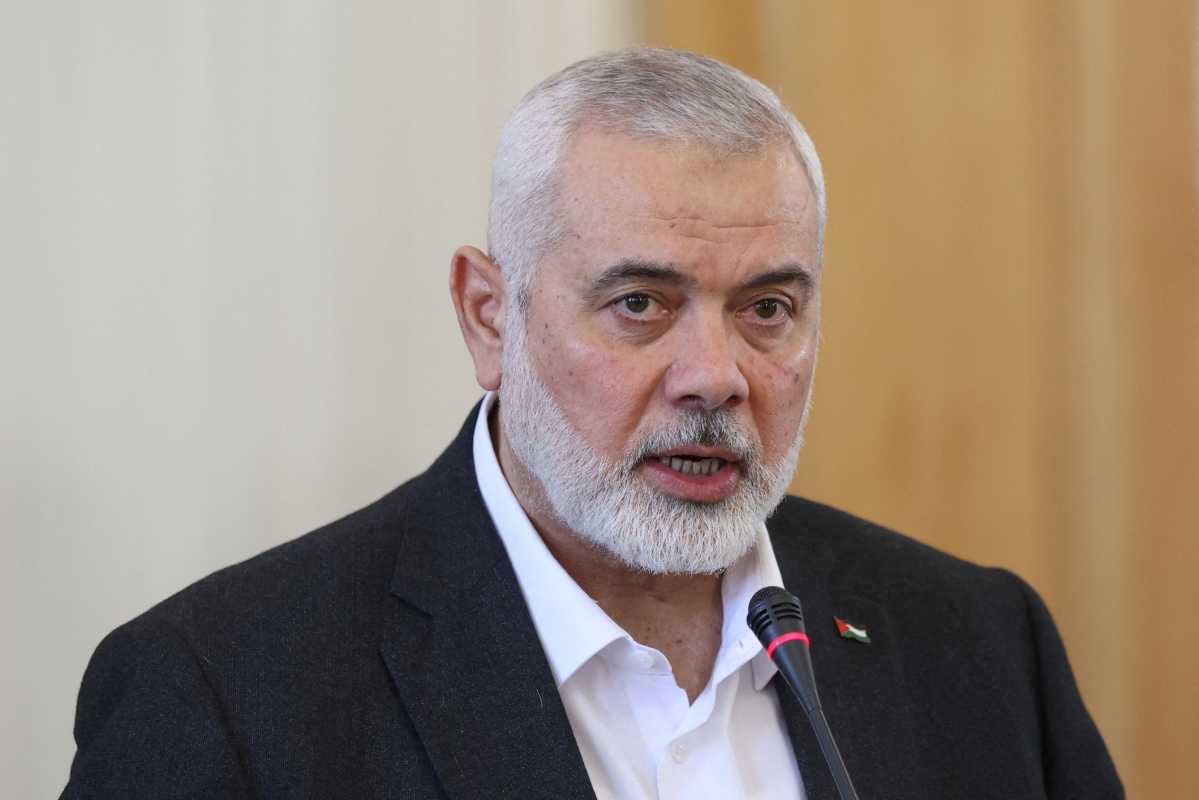Politics
Hamas Leader’s Death Creates Trouble for Qatari Diplomacy

The recent death of Ismail Haniyeh, the long-time political chief of Hamas, has sent shockwaves through the Middle East and caused quite a stir in Qatar. Haniyeh’s death, believed to be the result of an Israeli operation, poses a significant challenge to Qatar’s diplomatic efforts in the region.
For years, Qatar has been a key player in negotiations between Israelis and Palestinians, with Haniyeh previously living in Doha. However, Qatar has faced mounting criticism for not pressing Hamas hard enough, leading to tensions with its leaders.
The assassination raises an important question from Qatar’s Prime Minister, Sheikh Mohammed bin Abdulrahman Al Thani: “How can mediation succeed when one party assassinates the negotiator on the other side?” This reflects the deepening crisis in efforts to mediate peace when trust is so severely shaken.
Qatar is a small but strategically placed nation surrounded by a complex and often volatile region. With decades of experience in mediating conflicts, Qatari leaders have often pursued diplomacy as a way to assert their influence.
A formal commitment to peaceful resolutions aligns with Qatar’s foreign policy since 2004. Unlike many of its Gulf neighbors, Qatar has often embraced mediation as a means of advancing its interests in a challenging landscape.
Over the years, Qatar has had some notable successes, such as mediating between factions in Lebanon and other regional disputes, putting the tiny nation on the diplomatic map. However, recent years have shown a decline in the effectiveness of these mediation efforts.
Major diplomatic initiatives led by former Qatari Foreign Minister Hamad bin Jassim showcased Qatar’s capabilities. But since Abdullah bin Hamad Al Thani took power in 2013, criticism from neighboring countries has intensified, particularly regarding Qatar’s alleged support for Islamist movements.
In 2017, a blockade against Qatar by Saudi Arabia, the UAE, and other allies resulted from these tensions, amid accusations that Doha supports terrorists—claims that Qatar has vigorously denied.
Despite the diplomatic hurdles, Qatar’s commitment to mediation has only grown. In recent years, a special office was opened within the Foreign Ministry dedicated to enhancing its mediation strategies.
Qatar has also shifted its approach, moving from solely handling Islamist groups to collaborating with other nations to jointly mediate conflicts. For instance, it played a significant role in talks with the U.S. and the Taliban, paving the way for the American withdrawal from Afghanistan.
Recently, Qatar’s role in facilitating aid for Gaza has come under fire, especially following Hamas’s attacks on October 7. The diminished success of mediation has been glaringly apparent since then, with temporary cease-fires proving inadequate amidst renewed violence.
As the diplomatic landscape shifts, Qatari officials are now focusing efforts on mitigating potential Iranian responses rather than negotiating directly between Israel and Hamas. Upcoming talks between Israeli and Egyptian leaderships occurred without Qatari representatives, signaling a further marginalization of Qatar’s role.
In summary, Haniyeh’s killing has raised the stakes for Qatari diplomacy, and with little sign of progress in peace talks, it’s likely that the Gulf state’s priorities will now focus on de-escalating tensions with Iran rather than pushing for Palestine-Israel negotiations.












